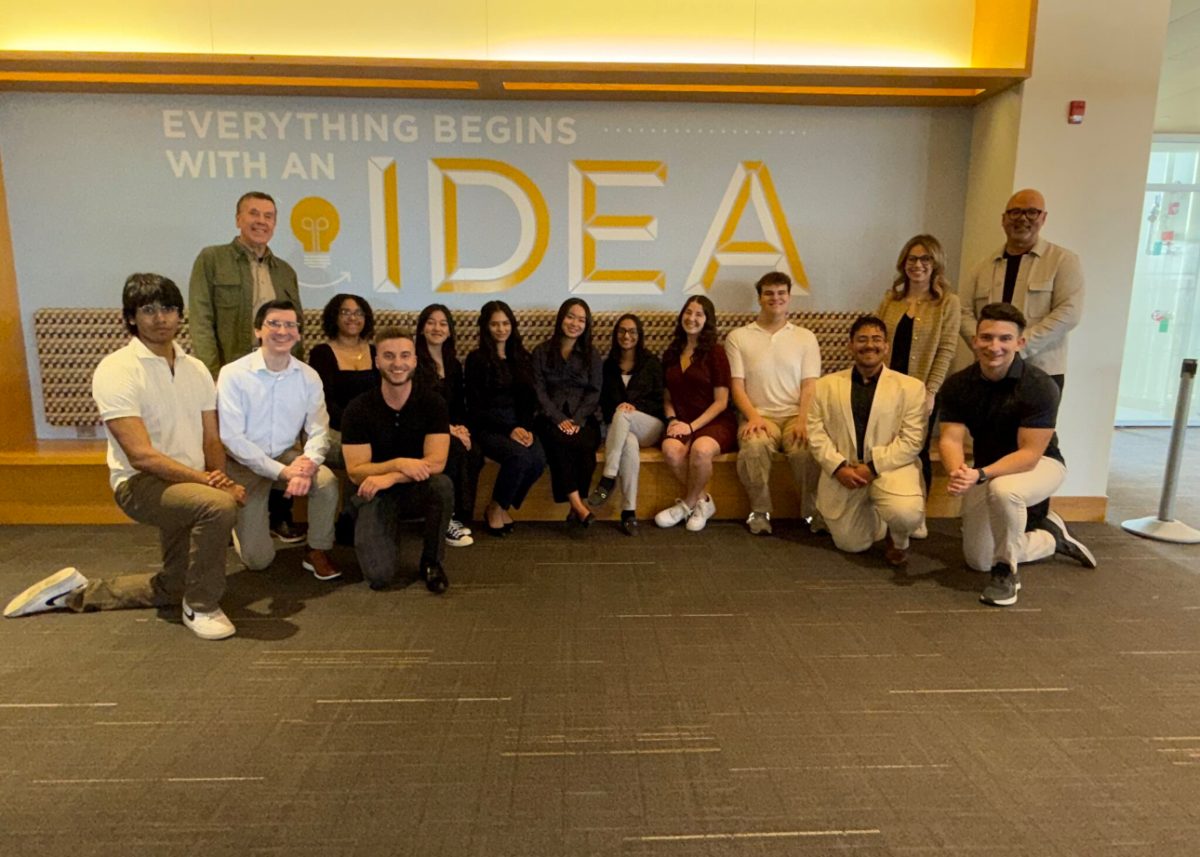This article is part of a multiple-part series detailing The University of the Future Roadmap released by Rowan University.
Rowan University leaders met for the “Spring 2021 University Assembled” on March 26, coming shortly after Rowan unveiled their University of the Future plan. This meeting provided several important updates on the progress the university has made toward its goals to improve student, faculty, and staff experiences.
Rowan University President Ali Houshmand announced free tuition for students of families in low-income brackets.
“Anyone whose family income is $45,000 or lower will come to Rowan for free. After they apply for their Pell Grant and TAG, then whatever is left, we will cover,” Houshmand said. “As we speak, we are talking to the state, and the state is going to take that up to $65,000 as part of the Garden State Guarantee.”
Houshmand stated there would be steps for those in brackets above that income level once the funding is completed.
The pricing committee will be reviewing potential cost reductions for summer and winter courses and meeting with the diversity, equity and inclusion (DEI) committee on increasing need-based scholarships.
They will also be creating a subcommittee for reviewing housing and meal plan options. There is no decision yet as to whether or not they will change prices based on credit hours. Houshmand also stated that tuition and fees would be combined for undergraduates in the 2023 fiscal year.
Melissa Wheatcroft, general council for Rowan University and member of the compliance cluster, was tasked with thinking about a sustainable workforce model for the future.
“[We’re] identifying the technology needs and the support necessary to implement a pilot program that’ll take this emergent flexible work that we’ve been doing and advance it to the next step to something that’s long-lasting, equitable, sustainable, and really meets the needs of our students, patients, and other community stakeholders,” Wheatcroft said.
Another essential part of the future Rowan is evaluating is the return to campus next fall and what that will look like for students and staff.
“One state university has already declared that everyone should return July 1, [but] that’s not something that we’re looking to do. We need to make it fit, which we have always done through this time; as flexible for employees as possible, but still serving the needs of our constituents,” Terri Drye, Rowan’s vice president for human resources, said.
Drye is hoping for the university to be full of more vaccinated students, but the COVID precautions of social distancing and mask-wearing will remain in place.
“Declaring a mandate, in my estimation, is premature at this point. The vaccine is still pending FDA approval, [and] the majority of our students really are not eligible even at this point, so it’s hard for us and our leadership team to evaluate either scientifically or ethically what the mandate would look like at this time,” Director for Student Health Services Scott Woodside said.
Tony Lowman, the chief academic officer and senior vice president for academic affairs talked about many of the university’s financial elements that were assessed.
Lowman stated that cluster hires of ten individuals with sustainability in mind will be happening. They will be assembling a faculty-led committee guiding the process of what areas to invest in. They require it to be a diverse group of hires, and they will be making sure they hold themselves accountable to this goal.
Rowan will be “streamlining the tenure and re-contracting packages, trying to make the packets much easier to navigate, less cumbersome, and easier for the faculty to put forward,” Lowman said.
They brought back an adjusted loan for research that staff can apply for slowly over this spring and look to have more opportunities regarding this in the coming fall.
They are evaluating departments of the college to decide how they can best allocate resources. By asking each department to give them the proper qualitative measurements they should use to do so, they hope to go beyond numbers in their assessment.
“We will put forward promotion pathways for all of our faculty in the next academic year. We want to make sure that we recognize contributions for outstanding and innovative teaching entrepreneurial activities leading to new academic programs,” Lowman said.
Extraordinary service alone will not be enough to be rewarded as a pathway to promotion.
Joseph Scully, senior vice president for finance and chief financial officer, is overseeing the work of the academics of the future committee. They recommend moving to a cloud-first strategy and creating a Rowan portal for student and staff applications.
They also recommended improving the housing portfolio through renovations or creating new housing opportunities as well as updating the Campbell Library into a student hub.
Another critical step they are taking is to secure funding from the state to properly take care of neurodiverse students, faculty, and staff at Rowan University.
For comments/questions about this story, tweet @TheWhitOnline.

























































































































































!["Working with [Dr. Lynch] is always a learning experience for me. She is a treasure,” said Thomas. - Staff Writer / Kacie Scibilia](https://thewhitonline.com/wp-content/uploads/2025/04/choir-1-1200x694.jpg)














































